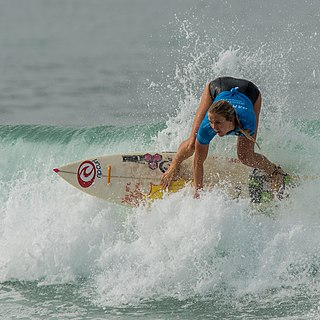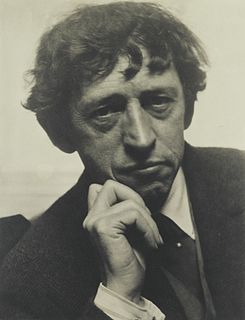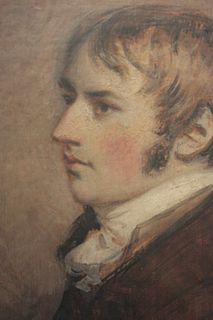A Quote by William Merritt Chase
I don't believe in making pencil sketches and then painting landscape in your studio. You must be right under the sky.
Related Quotes
You have bits of canvas that are unpainted and you have these thick stretcher bars. So you see that a painting is an object; that it's not a window into something - you're not looking at a landscape, you're not looking at a portrait, but you're looking at a painting. It's basically: A painting is a painting is a painting. And it's what Frank Stella said famously: What you see is what you see.
Until film is just as easily accessible as a pen or pencil, then it's not completely an art form. In painting, you can just pick up a piece of chalk, a stick, or whatever. In sculpture, you can get a rock. Writing, you just need a pencil and paper. Film has been a very elitist medium. It costs so much money.
Touch your inner space, which is nothingness, as silent and empty as the sky; it is your inner sky. Once you settle down in your inner sky, you have come home, and a great maturity arises in your actions, in your behavior. Then whatever you do has grace in it. Then whatever you do is a poetry in itself. You live poetry; your walking becomes dancing, your silence becomes music.






































